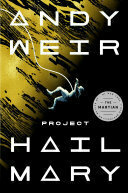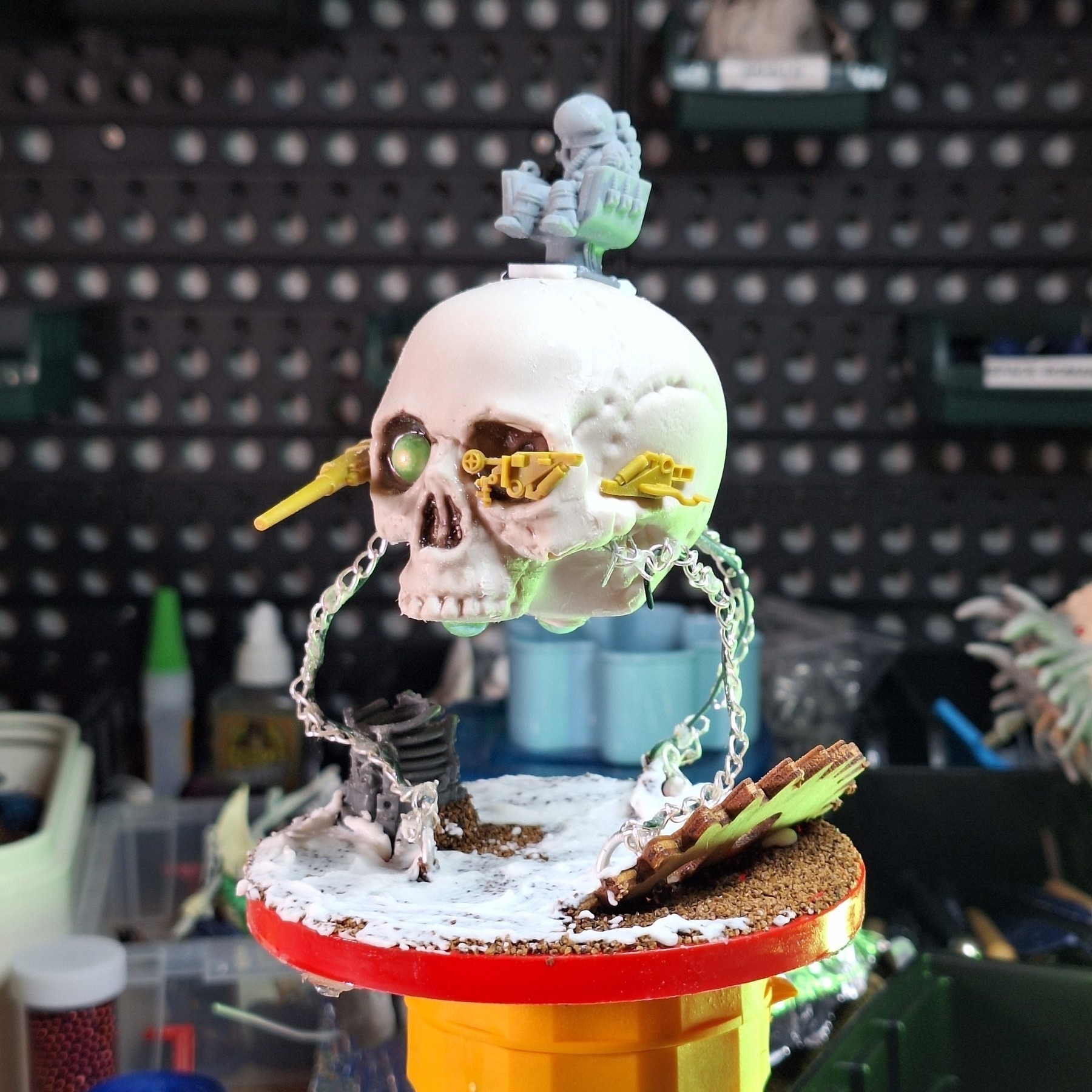Two nights in a row I have been up at 2am with this one. I was like this with The Martian. Are his other books just as addictive?
It will be my first trip to the cinema in a long time for this I imagine.
Currently reading: Project Hail Mary: A Novel …


